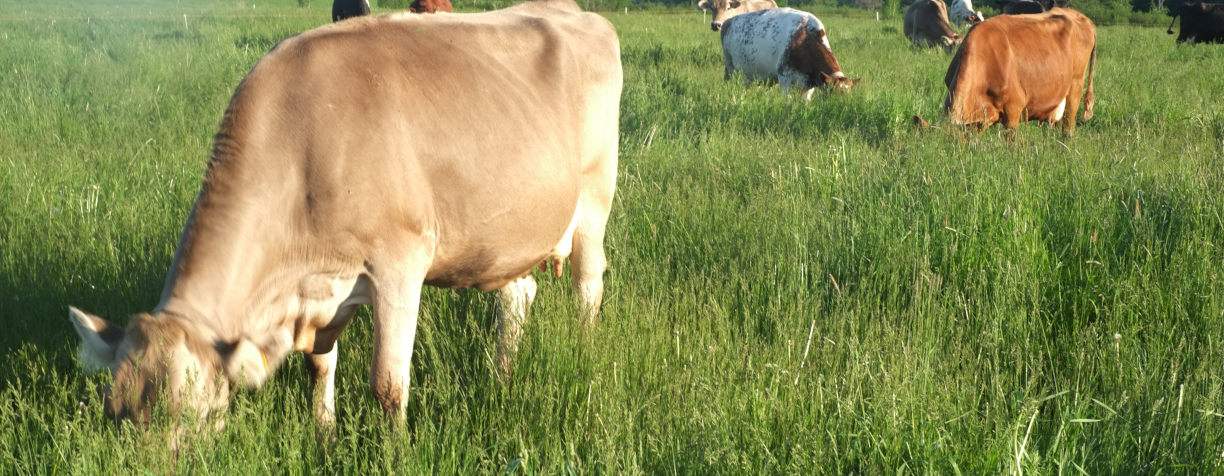Dairy Grazing Apprenticeship partners with UW-Madison to provide a pathway for aspiring young farmers to develop grazing careers in dairy farming.
Considering the average age of a Wisconsin farmer is over 56 years old and the state has been losing around 500 dairy farms per year in recent years, experts say it's important to prepare young people to step into farm roles to help keep the state's $88 billion agricultural economy strong into the future.
But making the transition into dairy farming is complicated, and aspiring farmers often don't have the capital - or the experience - to take over an established operation.
The Dairy Grazing Apprenticeship (DGA) program is working to address the issue by providing support for young people interested in becoming dairy farmers. Started in 2010, the first-of-its-kind program is administered by the Wisconsin-based nonprofit GrassWorks, Inc., with the University of Wisconsin-Madison as a key partner.
Earlier this month, DGA received $750,000 from the U.S. Department of Agriculture's Beginning Farmer and Rancher Development Program . The funding will enable organizers to improve and expand the program in Wisconsin, as well as explore the possibility of rolling it out to other dairy states.
“It's a meat-and-potatoes program that really takes people up to the level where they can own and operate their own dairy,” says DGA director Joe Tomandl. “It's the MBA of dairy.”
DGA participants complete 4,000 hours of paid training over two years, most of it alongside experienced dairy farmers, and work their way up from apprentices to Journey Dairy Graziers and Master Dairy Graziers. While the majority of hours are spent in on-the-job training, there's also a significant requirement for related instruction. That's where UW-Madison comes in.
As part of the program, apprentices attend a seminar about pasture-based dairy and livestock through the UW-Madison School for Beginning Dairy and Livestock Farmers (WSBDF) , which is co-sponsored by the university's Center for Integrated Agricultural Systems and the Farm and Industry Short Course. The seminar involves a 32-hour commitment, which is generally fulfilled in a distance education setting.
“We believe in the Wisconsin Idea and want to make sure our classes are accessible to people who want more education, but preferably close to where they live and work,” says Nadia Alber, an outreach coordinator for WSBDF, who helps organize the seminar and also serves on the DGA board.
In 2009, GrassWorks, Inc. turned to WSBDF director Dick Cates for guidance and access to well-respected educational curriculum to help get the DGA up and running, and the WSBDF team has been involved ever since.
“We were just this little nonprofit with this very small budget trying to compete for a big federal grant,” says Tomandl. “For us, it was important to have UW as a strategic partner.”
As part of the most recent round of funding, DGA's UW-Madison partners will lead an effort to quantify the broader impacts of the program.
“They have already proven that participants are moving along to their own farms after the apprenticeship, so they have an established track record that way,” says Alber. “This new study will look at some of the program's other impacts, including economic, environmental and social.”
The DGA program is a formal apprenticeship program approved by the Wisconsin Department of Workforce Development Bureau of Apprenticeship Standards.


